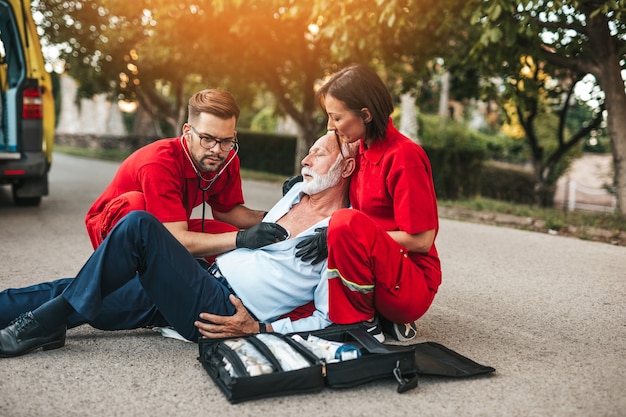
Don’t underestimate the impact of emotional trauma after a car accident! It might seem like it’ll just vanish with time, but it often takes active steps to heal. It’s a tough blow when someone else’s lack of care, no matter how small, leads to your suffering. Your mental and emotional wellbeing are important, so don’t overlook them following an accident.
Here are some helpful advice to ease your anxiety, value your emotional losses, and start feeling better:
**Manage your Anxiety**
Feeling nervous or anxious after an accident is normal, and it’s essential to know that it’s something you can control. Here are some strategies you can try:
– Concentrate on your surroundings rather than reliving the accident in your mind.
– Practice mindful breathing with slow, deep breaths.
– Try muscle relaxation exercises.
– Don’t hesitate to reach out to a therapist or mental health professional. They can teach you methods tailored to your situation to manage anxiety.
**Take Care of You**
Sure, it sounds cheesy, but trust us, self-care can help immensely. Being patient and kind to yourself is crucial, trauma and injuries take time to heal. Meanwhile:
– Adopt a healthy lifestyle. Stay hydrated, enjoy nutritious food, and exercise lightly based on your therapist’s advice.
– Engage in activities you enjoy, such as reading or cooking, to keep your mind engaged positively.
**Share How you Feel**
Just bottling up what you’re going through will amplify the stress and sadness. Share your experiences with a trusted friend or family member. Alternatively, reaching out to a therapist can be helpful. They’re skilled in providing coping strategies and managing stress.
Financial losses, like damage costs or medical bills, can also cause stress. But here’s what you can do: reach out to a local car accident attorney, who can help you get a fair reimbursement.
**Learn about PTSD**
Post-traumatic stress disorder (PTSD) can affect anyone exposed to stress, not just extreme cases. It’s important to recognize the signs:
– Recurrent nightmares or flashbacks.
– Emotional detachment.
– Avoiding anything that reminds you of the accident.
– Overreacting to daily situations unrelated to the accident (like sleep deprivation or irritability).
Children may display different symptoms, such as refusing to talk or excessive clinging. If symptoms recede after a few weeks, it may be Acute Stress Disorder (ASD). But if they persist, it could be PTSD. Treatment options are available, so don’t hesitate to seek help.
**When should you See a Professional?**
Many people’s trauma fades over time, sometimes within a month. But if these feelings linger or seem too hard to handle, it’s time to seek pro help. Here are some signs you might need a therapist:
– Needing someone to share feelings with.
– Struggling with intense feelings.
– Overwhelmed by anxiety, jittery feelings, or sadness.
– Mental stress begins to interrupt your work
– Nightmares prevent sleep
– Not recovering from trauma within the expected timeframe.
– Negatively changing your behavior around loved ones
– Adopting harmful behaviors like smoking or drinking as a coping mechanism.
Remember: focusing on what’s within your control can help you push past negative emotions. By practicing safe driving habits—like using signals, wearing your seatbelt, and avoiding distractions like gadgets, pets, or driving tired—you’re prioritizing your wellbeing.
Finally, advice is only as good as the person who offers it! You can trust John Adams, a lifestyle blogger focusing on health, fitness, and self-development. John is committed to empowering his readers to overcome challenging hurdles and improve their lives with positive choices and attitudes.
For additional resources, check these references:
– [Post-traumatic stress after a traffic accident](https://familydoctor.org/post-traumatic-stress-after-a-traffic-accident/)
– [Coping with trauma after an accident](https://adaa.org/learn-from-us/from-the-experts/blog-posts/consumer/how-cope-trauma-after-accident)
– [Addressing Emotional & Mental Issues after an accident](https://www.dolmanlaw.com/emotional-mental-issues-after-accident/)


